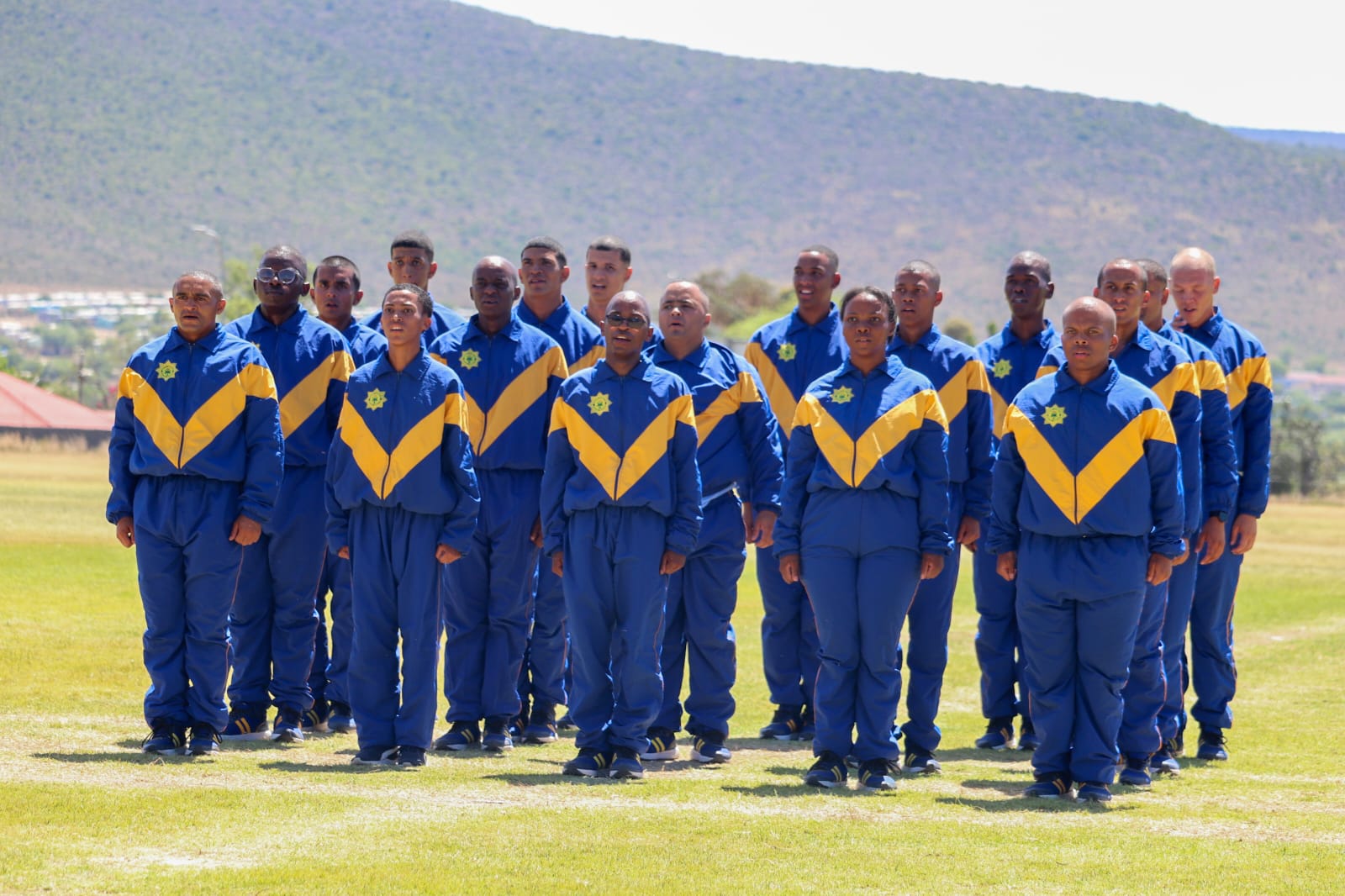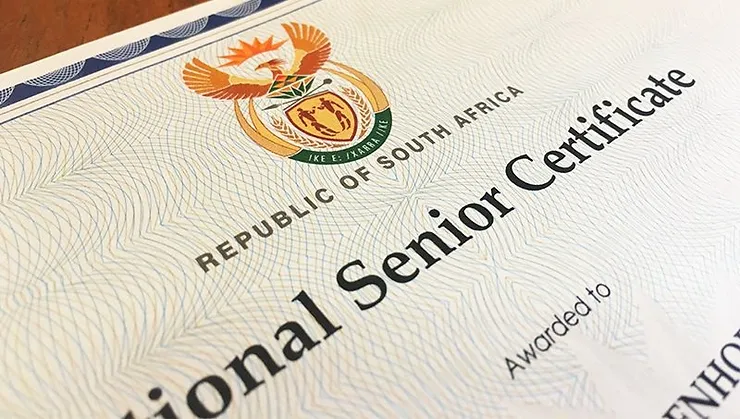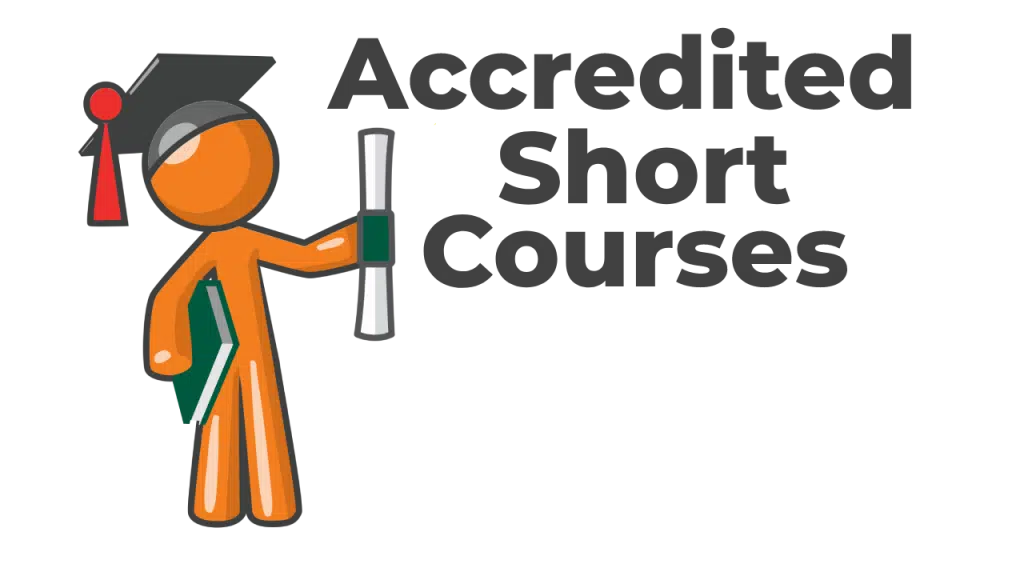Getting an interview invitation is exciting – it means your CV and application stood out. But the real challenge comes when you face the interview panel. Whether you’re applying for your first job, an internship, or a senior role, proper preparation is the key to success.
In South Africa’s competitive job market, employers want more than just qualifications – they look for confidence, professionalism, and cultural fit. This guide will help you master every step of interview preparation, from researching the company to handling tough questions and making a great impression.
Why Interview Preparation Matters
- 🎯 First impressions last – most interviewers decide within the first 5 minutes if you’re a strong candidate.
- 💼 Competition is tough – hundreds of applicants may want the same position.
- 📚 Preparation shows professionalism – employers want candidates who take the process seriously.
- 🚀 Good preparation boosts your confidence and reduces nerves.

Step 1: Research the Company
Before your interview, learn everything you can about the organization. In South Africa, employers appreciate candidates who understand their industry and challenges.
What to research:
- ✅ Company background – history, values, and culture.
- ✅ Products/services – know what they sell or provide.
- ✅ Latest news – check their website, LinkedIn, and media articles.
- ✅ Competitors – who are they competing with locally and globally?
- ✅ Job role details – understand the responsibilities of the position.
👉 Tip: Use websites like LinkedIn, Glassdoor, or Bizcommunity to research South African companies.
Step 2: Understand the Job Description
Many South African candidates lose out because they don’t fully read the job advert.
Do this:
- Highlight the skills and experience they require.
- Match each requirement with something from your background.
- Prepare examples to prove you meet their needs.
Step 3: Prepare Your Documents
Always have your paperwork ready. Employers may ask for documents even during interviews.
Must-have documents:
- Certified copy of your ID.
- Copies of your qualifications and certificates.
- Updated CV/Resume.
- Portfolio (if applying for design, writing, IT, or creative jobs).
- References/Recommendation letters.
👉 Keep everything in a neat file or scanned in a folder on your phone/tablet.
Step 4: Practice Common Interview Questions
South African employers often ask both behavioral and competency-based questions.
Common interview questions:
- Tell us about yourself.
- Why do you want to work here?
- What do you know about our company?
- What are your strengths and weaknesses?
- Describe a challenge you faced and how you handled it.
- Where do you see yourself in 5 years?
- How do you work in a team?
- Why should we hire you instead of other candidates?
👉 Use the STAR Method (Situation, Task, Action, Result) when answering questions.
Step 5: Prepare for Industry-Specific Questions
Some industries in South Africa have technical or case study interviews.
- Finance: Expect problem-solving and numbers-based questions.
- IT: Be ready for coding tests or technical troubleshooting.
- Retail: Focus on customer service and handling pressure.
- Engineering: Expect technical problem-solving questions.
- Healthcare: Ethics and patient-care scenarios.
Step 6: Plan What to Wear
Appearance matters. South African companies may have different dress codes, but always dress one level above the company standard.
Dress code tips:
- Corporate roles → Formal wear (suit, blazer, tie for men; blouse, dress, or blazer for women).
- Creative roles → Smart casual (neat but not too flashy).
- Avoid → Jeans, sneakers, ripped clothing, or too much jewelry.
Step 7: Plan Your Journey
Being late is one of the biggest mistakes South African candidates make.
- Use Google Maps or a taxi app (Bolt, Uber) to plan your route.
- Aim to arrive 15–20 minutes early.
- If online → Test your internet connection, webcam, and microphone in advance.
Step 8: Practice Good Body Language
Non-verbal communication speaks louder than words.
- Maintain eye contact (but don’t stare).
- Sit upright and avoid slouching.
- Use hand gestures naturally.
- Smile politely – show enthusiasm.
- Offer a firm handshake (if in-person).
Step 9: Prepare Smart Questions to Ask
At the end of most interviews, you’ll be asked: “Do you have any questions for us?”
👉 Always ask at least one – it shows interest.
Good examples:
- What does a typical day in this role look like?
- How do you measure success in this position?
- What opportunities are there for growth and training?
- What challenges is the team currently facing?
Step 10: Handle Online Interviews Professionally
Since COVID-19, online interviews are common in South Africa.
- Choose a quiet space with good lighting.
- Use a neutral background.
- Dress professionally (even if at home).
- Look at the camera, not the screen.
- Mute notifications and background noise.
Step 11: Prepare for Different Types of Interviews
South African companies may use different formats:
- One-on-one interview → Traditional style.
- Panel interview → More than one interviewer.
- Group interview → Several candidates together.
- Assessment centres → Tests, role plays, and teamwork challenges.
- Telephone/Zoom interviews → Remote hiring.
👉 Be ready for any format.
Step 12: Follow Up After the Interview
After your interview, always thank the interviewer.
- Send a short thank-you email within 24 hours.
- Express appreciation and interest in the role.
- Reconfirm why you’re a strong candidate.
Mistakes to Avoid in Interviews
❌ Arriving late.
❌ Not knowing anything about the company.
❌ Speaking negatively about past employers.
❌ Talking too much or too little.
❌ Using slang or unprofessional language.
❌ Forgetting to silence your phone.
❌ Lying about skills or qualifications.
FAQs – Interview Preparation in South Africa
1. How early should I arrive?
Arrive 15–20 minutes before the interview.
2. What if I don’t know an answer?
Stay calm, explain your thought process, and be honest.
3. Should I bring copies of my CV?
Yes, always bring extra copies.
4. How long do interviews last in South Africa?
Most interviews last 30–60 minutes, but panel interviews can go longer.
5. What if I’m nervous?
Practice deep breathing, prepare well, and remind yourself that interviews are two-way – you’re also checking if the company is a good fit for you.
Final Thoughts
Preparing for an interview in South Africa takes effort, but it’s worth it. By following these steps – from researching the company to practicing answers, dressing smart, and asking questions – you’ll walk into your interview with confidence.
Remember: Employers don’t only hire skills, they hire people who show professionalism, passion, and potential.
Take time to prepare, believe in yourself, and you’ll increase your chances of landing the job you want. 🚀🇿🇦











Leave a Reply